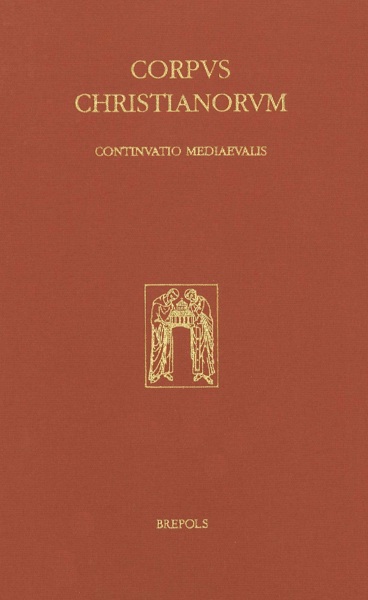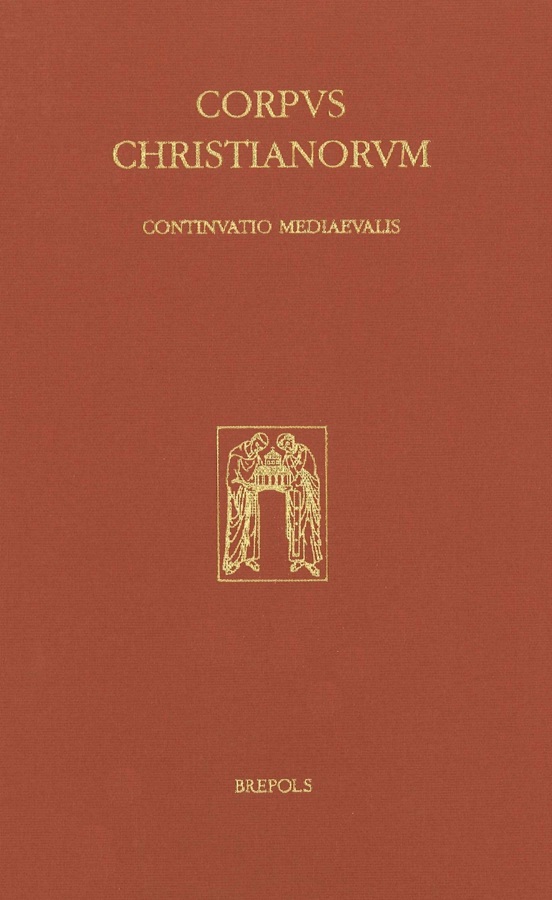
- Pages: 454 p.
- Size:155 x 245 mm
- Language(s):Latin, English
- Publication Year:1997
- € 200,00 EXCL. VAT RETAIL PRICE
- ISBN: 978-2-503-04701-0
- Hardback
- Available
Beryl Smalley proposed a programme for Glossa Ordinaria studies as long ago as 1961, consisting of the preparation of an edition of the gloss at the time it left the hands of Master Anselm of Laon and his circle. Such an edition would, she admitted, be 'un travail de longue haleine', but 'les études littéraires en bénéficeraient aussi bien que les études théologiques'. Reviewing the situation twenty years later, Smalley regretfully noted that no one as yet has made a critical edition of any part of the Gloss. Another ten years passed before an edition of the Gloss was published: this, however, was no new edition but a facsimile - albeit a most handsome and useful one - of the first printed edition of the Gloss, Adolph Rusch's Strassburg edition of 1480/81.
The present edition and translation of the Glossa Ordinaria on the Song of Songs is offered as a contribution to the programme Smalley proposed. While it does not pretend to be a full critical edition of the text, Smalley's suggestion of reproducing the early text of the Glossed Song of Songs was followed, resulting in a text based on manuscripts dated c. 1120 - c.1170. Smalley was quite right to claim that the importance of the Gloss as a whole is as much literary as theological, and this makes the Glossed Song of Songs a particularly appropriate part of the whole to be made available. Ever since this book of the Bible was given the title Shir haShirim, "the best of songs," its literary excellence has always been recognised. To medievalists, the pervasiveness of its influence on the literature of the Middle Ages, in Latin and in the vernaculars, is a commonplace, yet the text that medieval writers were influenced by was rarely sola scriptura. The Glossa Ordinaria is the first place to go to find medieval interpretation of biblical texts.





